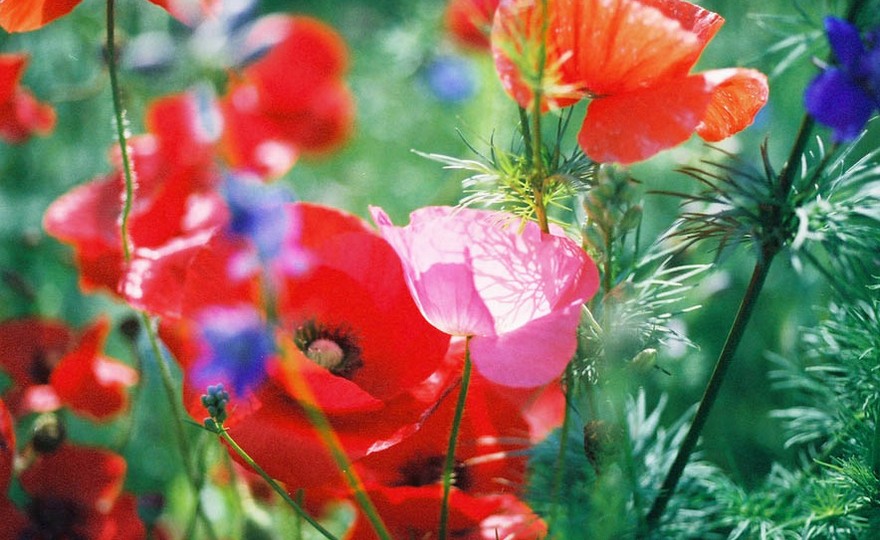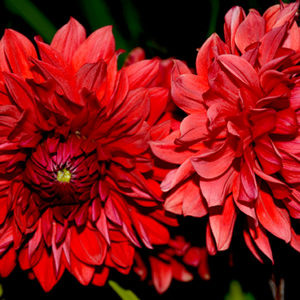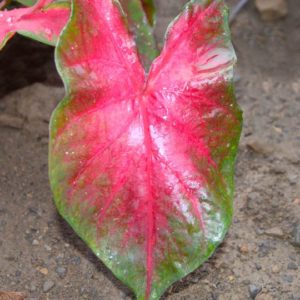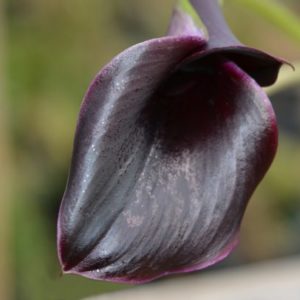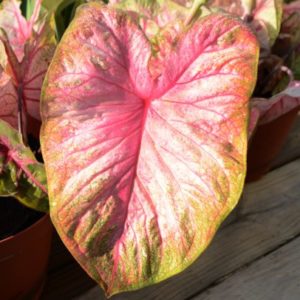Description
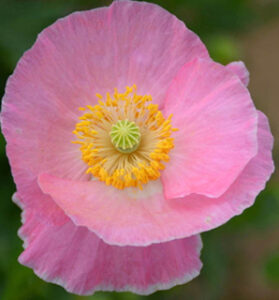 Wildflower Mix,
Wildflower Mix,
Mid-Atlantic Region
Fields of wildflowers have been mankind’s gardens since we learned to walk upright. It was meadows of wildflowers that first inspired man to cultivate the soil. Through the cultivation of soil, man was able to settle into communities and to build civilizations. Wildflowers inspired the myths and legends, the science, the music and art that became the foundations of our humanity.
The wildflowers of Africa, collected as seeds, made their way into the luxurious gardens of the Mediterranean civilizations – Egypt, Greece, Rome, Persia. The Spanish and the Portuguese brought the wildflowers of Central and South America back to Europe to be developed into the stunning garden plants of the Renaissance. Lewis and Clark collected wildflowers from the great American plains, the mountain meadows of the Rockies and Cascades and the fertile rainforests of the Pacific Northwest and returned the seeds, roots and shrubs to the East Coast where they were cultivated and shared throughout the world. Every magnificent flower that we enjoy today was once a wildflower.
Most wildflower mixes, today, contain one or more of the ‘anchor’ wildflowers – Echinacea (Purple Coneflower), Daisy, Shasta Alaska, Black-Eyed Susan, Bee Balm, Wild Bergamot, Lemon Mint. The mixes are then built around these basic flowers. Harvesting History’s Wildflower Mixes are unique because we always include a number of herbs in our wildflower mixes. The herbs often encourage the growth or vigor of the rest of the wildflowers, making them great companion plants. Planting a wildflower garden, regardless of its size, pays homage to our horticultural legacy and is a daily reminder of the gifts this earth has allowed us to enjoy.

